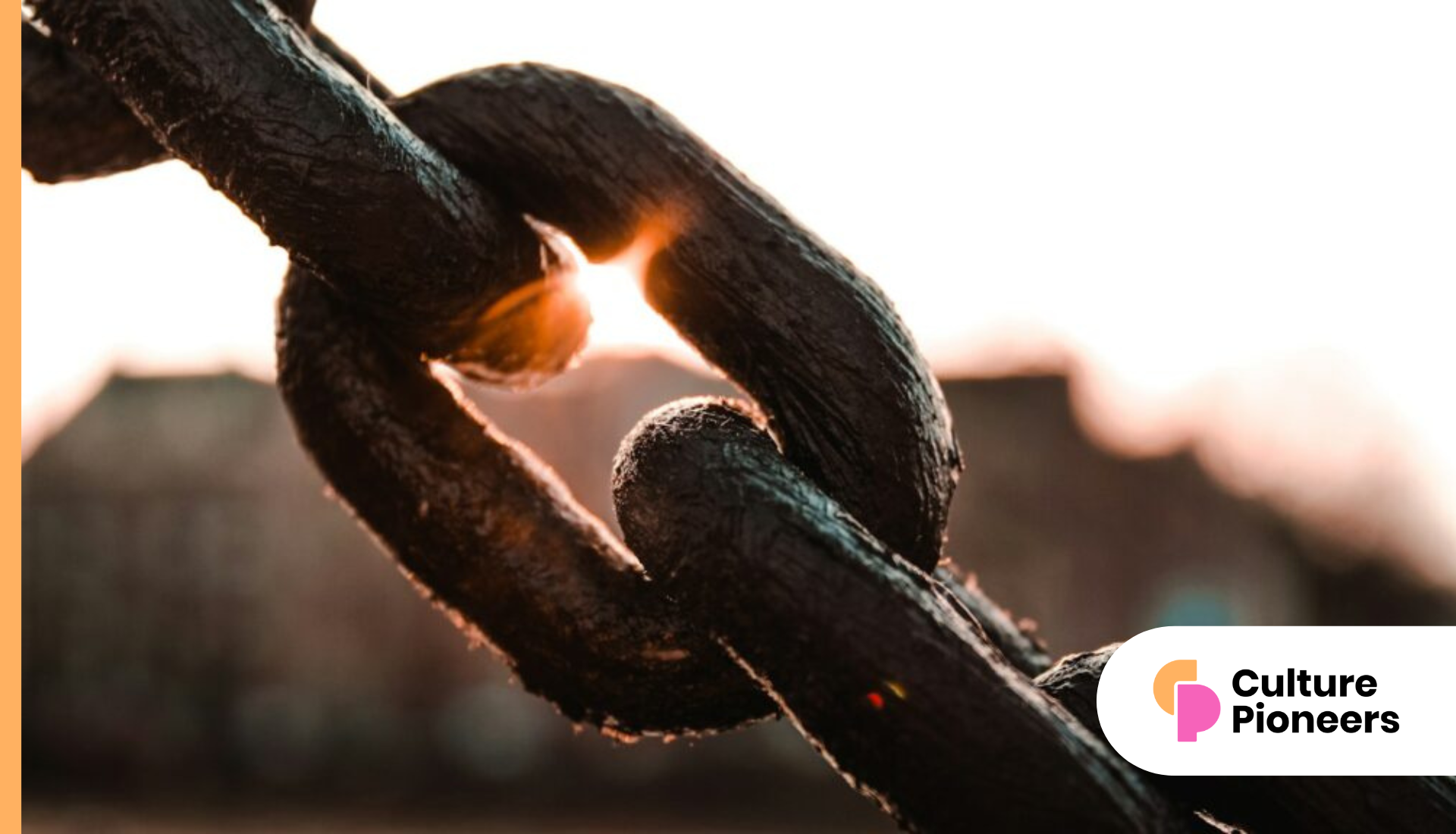At Academics’ Corner we explore the latest HR research coming out of the academic sector that HR professionals need to know about. Here, Jan Hills, Partner at Head Heart + Brian, outlines research on common assumptions about working mums.
It’s time for working mothers to stop feeling guilty and start celebrating – new research shows that the children of working mothers are thriving. Not only are they more successful in obtaining better paid work, but they’re also happier, especially the girls, according to the study.
In my experience working mothers fall into two camps: those who spend all day at work feeling guilty and worrying about the damage their away from home working is doing to their children, and those who put their feelings in a box whilst at work, often never mentioning their children, and over compensate at weekends and holidays.
These women are usually exhausted but never say no to a game of football or making a birthday cake from scratch. The common feature in both is guilt.
Whichever camp you fall into, it’s time to put an end to feelings of guilt.
In 2015, preliminary results of a study found that the daughters of employed mothers often perform better in their careers than the daughters of stay-at-home mums.
Now the full study has been released and it brings even more good news. The children of working mothers are just as happy in adulthood as the children of mothers who stayed home.
Maternal employment and the effect on happiness
Harvard Business School Professor Kathleen McGinn says she hopes the findings bring a big sigh of relief for guilt-ridden mothers who either have to work for economic reasons or for their sanity (my words not hers).
“People still have this belief that when mums are employed, it’s somehow detrimental to their children, so our finding that maternal employment doesn’t affect kids’ happiness in adulthood is really important,” said McGinn.
Everything we know about role models and social learning suggests that children are actively picking up life skills from the adults around them. It’s all about what they’re exposed to as children.
Three years ago, McGinn and her colleagues were criticised for their early analysis of research that found that adult daughters whose mothers worked outside the home are more likely to work themselves, hold supervisory roles, and earn higher wages than women whose mothers stayed home full time.
The critics questioned, amongst other thing whether these children were successful at work at the expense of their wellbeing and happiness.
“Many decried the research as another instalment of the mummy wars,” said McGinn.
Employment rates among children of employed mothers
After these criticisms, McGinn and Mayra Ruiz Castro of Kingston University and Elizabeth Long Lingo of Worcester Polytechnic Institute added a second international data set to make sure their findings could be replicated across both time and geography.
The two surveys of more than 100,000 men and women across 29 countries showed how the employment of mothers affects their adult children, both in terms of their own employment as well as how much time they spend at home caring for children and doing housework.
In the second analysis the team controlled for factors that might have impacted the original results such as the mother’s education level.
The second analysis confirmed that a mother’s work experience is strongly linked to her daughter’s future work performance.
Compared to women whose mothers stayed home full time, women raised by an employed mother are 1.21 times more likely to be employed; 1.29 times more likely to supervise others at work; and they spend 44 extra minutes at their jobs each week.
The employment rates of adult daughters are affected by their mothers’ employment, regardless of whether the mothers held high-skill or low-skill jobs.
If you’re a working mother, take heart that there is no need for guilt and you may in fact be giving your daughters a head start in life and offering your sons a better mindset.
The mothers who held relatively senior roles are more likely to have daughter who also hold these types of role. Daughters of working mothers also earn more money, an average of $1,880 more per year.
On the domestic front, daughters of employed mothers spend about an hour less on housework compared with the children of stay-at-home mothers. (Maybe they have learnt short cuts from their mothers!)
“If you’re actually observing an employed mum manage a complex life and handle multiple demands – a job, a family, a household – you see that it can work,” added McGinn.
“Everything we know about role models and social learning suggests that children are actively picking up life skills from the adults around them. It’s all about what they’re exposed to as children.”
What about sons?
Only adult daughters, not sons, see their careers influenced by whether their mothers work outside the home. The researchers think this is because boy’s employment role models are their fathers.
In the domestic realm, the research suggests that sons may be influenced by their working mothers.
They spend an extra 50 minutes each week caring for family members and they hold more egalitarian gender attitudes – even more so than the daughters of stay-at-home mothers.
This indicates that the influence of maternal employment may outweigh well-documented sex differences when it comes to shaping people’s mindsets about appropriate roles for men and women. These sons also tend to marry working women.
So, if you are thinking of a life partner it may be wise to seek out someone who had a working mother.
Meanwhile, when both daughters and sons were asked about their overall life satisfaction, adult children of employed mothers reported being just as happy as adult children of mothers who didn’t work outside the home.
No more guilt
While previous research has shown that young children and teenagers are not negatively impacted when their mothers work, McGinn is hoping this longer-term view into adulthood provides reassurance for employed mothers who feel conflicted about work and children.
“Women are socialised to believe mothers should stay home with their children, so when you separate from your kids every day for work, it can be painful,” commented McGinn.
“As we gradually understand that our children aren’t suffering, I hope the guilt will go away.”
How can this research help you?
If you’re a working mother, take heart that there is no need for guilt and you may in fact be giving your daughters a head start in life and offering your sons a better mindset.
As an HR person making policy or a leader hiring a woman, ensure you check your stereotypical assumptions about how mothers feel, the sacrifices you assume they are making and the impact that will have in the workplace. It’s clear that those assumptions are out of date and too generalised.
Interested in this topic? You may also want to read Going back: what fears and hopes do mothers have before returning to the workplace?






3 responses
People are so judgmental
People are so judgmental about mothers — be it a working mom, or a stay-at-home-mom. In most of such cases, it is often the group of people who have not personally gone through a similar experience who are doing all the pointing. They do not make themselves heard to come up with a solution but instead, they are just making baseless assumptions which they believe but have yet to encounter.
I don’t think that mother-
I don’t think that mother- guilt has just gone away like that. I have a couple of mums and new mums working in my self storage business and when they come in, we know that they’re definitely still thinking about their kids and struggling with whether or not hey made the right decision to come out of the home to work! We should be coming up with solutions to help them so they don’t have to worry like that!
Totally agree with Jan if you
Totally agree with Jan if you are a working mother, your kids will be more responsible and independent to take their own decisions.